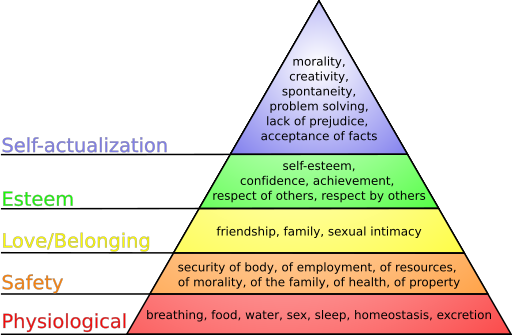Dear Terrence,
I was reading tonight, and I came across a passage that got me thinking about you again:
Most people, too, recognize the need for some immaterial moral principles as well: justice, fairness, freedom, love, compassion, solidarity, and so on. These are abstractions, manifested in concrete events, but not exhausted by those events. We measure the material manifestations against the abstract ideal we hold in our minds.
Music and art, too, move us from the sensory to the abstract. Most people who listen to a Mozart composition will conclude that its thousands of variations in pitch add up to something, evoke something, stand for something greater.The sounds of Mozart move us from the sensible to the abstract, the sensible to the insensible. Aesthetic experiences are not important to everyone, but they can be a profound mystery to an unbeliever who is open to their power, a spiritual foot in the materialist’s door.
I found myself wondering, again, if you’d ever been struck dumb by beauty, if something had moved you so deeply that you stopped in your tracks. And I thought back to all the things you told me today, all the facets of your reality that I find completely incomprehensible because I can’t imagine one stranger treating another like that, let alone one’s parent — I thought about all these things and realized it’s impossible for you to have experienced this. No, it’s not the usual rant I have about kids and classical music today, about your short attention spans and inability to keep multiple thoughts going in your head. It’s much more basic than that:
It’s Maslow’s Hierarchy of Needs, that triangle all teachers see again and again in all the various psychology courses we have to take as undergraduates (and even graduate students). The premise is basic: the needs on the bottom must be fulfilled before those above them can be fulfilled. One cannot worry about employment if one cannot breath without great difficulty. One cannot worry about friendship if one doesn’t feel safe. One cannot worry about self-esteem if one’s familial needs are not met. And one cannot worry about self-actualization until all the other needs are met. I’m not sure I totally agree with all of this: morality as being a top-level need strikes me as being unnecessarily postmodern. Still, for your situation, it resonates: how can you worry about beauty when you have to spend your time going out and looking for your father, who disappears only to reappear months later to inform you that he’ll likely be going to prison shortly? How can you worry about beauty when your mother and her boyfriend have knock-down fights and then blame them on you? How can you be concerned about aesthetics when the relative you stay with quit often is falling-down drunk? The only needs you seem to be having met are the physiological ones, and those just barely.
Once again, though, as you spoke, I felt like more of a part of the problem than the solution. I’ve been hard on you in class: I’ve taken things personally that I really had no business taking personally. I’ve responded like a caged animal at times though
What’s almost as tragic as your home situation is your school situation, then. How can we as teachers expect you to focus on higher-order thinking and fulfilling higher needs when your most basic go unmet? How can we hold you entirely and unquestionably responsible for behaviors that are defense mechanisms? How can we call ourselves teachers if we don’t work to figure out what’s going on with you, to stop taking your behaviors personally and start acting like an adult, unlike your guardians?
And how can the school system expect of you these things? Test you on these things and declare you’re, in one form or another, a failure because you don’t meet these standards? How can the school system expect us teachers to be truly successful with you when we’re like everyone else, ignoring all your basic needs in order to meet a score quota? How can the school system not realize that with some children, the academics are of secondary, tertiary, or even quaternary or quinary?
I can’t answer these questions, unfortunately. But perhaps, with the honesty we shared today, we can figure out some answers that work for us.
With apologies,
Your Teacher
